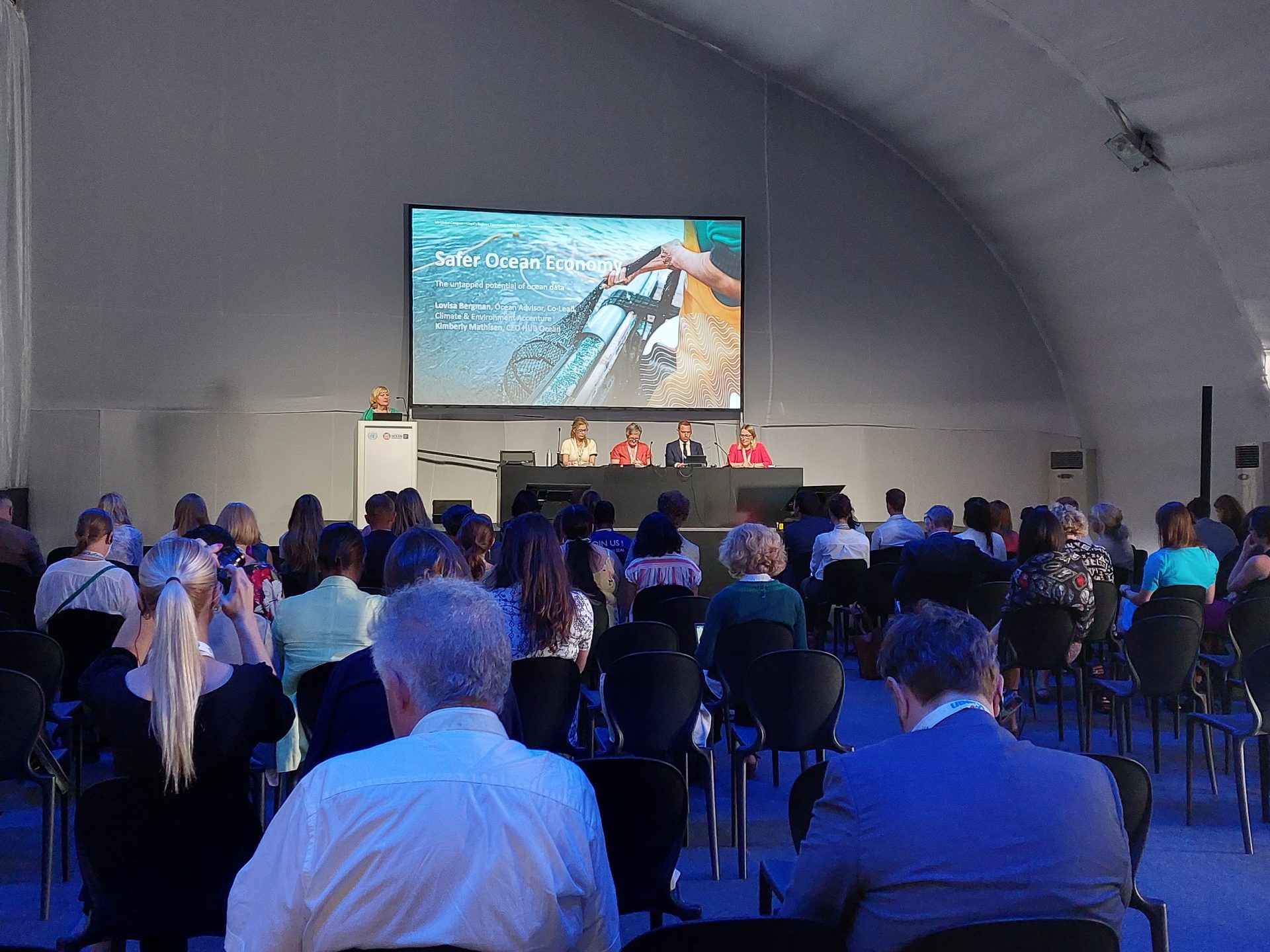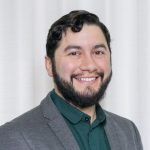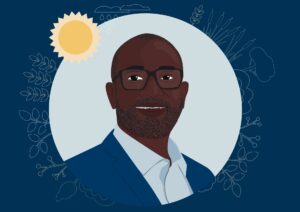Piecing together the puzzle of a just blue economy from source to sea
Let’s continue the conversation
You can contact us at: s2splatform@siwi.org and johnson@unglobalcompact.org
Action Platform for Source-to-Sea Management“The future of our ocean is also connected to what we do on land. It is connected to what happens upstream in the rivers that eventually flow into the ocean.”
The event focused on possible solutions, described in different lightning presentations that emphasized three pieces of the puzzle needed for a just blue economy:
- Better data on safety and environmental, social and governance equity. Improved data and the sharing of it, will improve traceability, enable collaboration between micro-small-medium enterprises and large-scale corporations, and support the adoption of a multi-SDG approach that includes decent work, ocean, freshwater, and partnerships.
- Transdisciplinary science that builds scientific collaboration across disciplines and with practitioners and diverse stakeholder groups to understand social, economic and biological land-sea interactions.
- Holistic governance of land, freshwater, coastal and marine ecosystems that brings together upstream and downstream stakeholders to create solutions at the source and encourages cross-sectoral coordination to reduce land-based impacts on coastal and marine ecosystems.
The lightning presentations were followed by a lively discussion with an expert panel. Key conclusions from the event are:
- Collaborating with the private sector is critical to increase the amount and quality of data that can lead to a safer ocean. Coalitions need to be developed and maintained to increase communication between sectors. Additionally physical safety at sea is a direct function of ecosystem health and the services they provide. Therefore, it is crucial to include data from upstream activities that increase pressure on coastal and marine ecosystems.
- Policy development not only depends on public actors but can also be led and implemented by the private sector, scientists, and non-governmental organisations. We need to rethink current silos that we too often operate in, not only between different stakeholder groups and working themes, but also within organizations themselves.
- SDG 14 depends on other goals, especially SDG 6, because a healthy ocean depends on healthy freshwater ecosystems. To achieve SDG 14, collaborations across silos are vital and they hinge upon openness, building trust and developing a common language to ease understanding.
The experts who participated in this session were:
- Moderator: Ruth Mathews, Senior Manager at SIWI and Coordinator of the Action Platform for Source-to-Sea Management.
- Opening remarks: Helen Ågren, Ambassador for Ocean Affairs for Sweden.
Panel:
- Jerker Tamelander, Director of Science and Policy, Secretariat of the Ramsar Convention on Wetlands
- Jan Bebbington, Professor, Lancaster University & Director of the Pentland Centre for Sustainability in Business
- Suzanne Johnson, Senior Advisor to the UN Global Compact’s Sustainable Ocean Business Platform, Ocean UNGC & Lead Sustainability Program Lloyd’s Register Foundation
Presentations:
- Ocean Safety and Data Sharing by Kimberly Mathisen, CEO of HUB Ocean and Lovisa Bergman, Ocean Advisor, Co-Lead Climate & Environment of Accenture.
- Science-based collaborations by Frida Bengtsson, Stockholm Resilience Centre.
- Upstream impacts on ocean health by Sarantuyaa Zandaryaa, Water Quality Programme Specialist of UNESCO-IHP and Peter Wiwen-Nilsson, CEO of Race for the Baltic.










